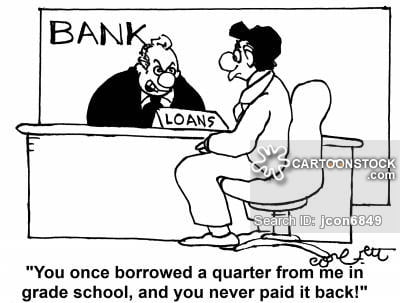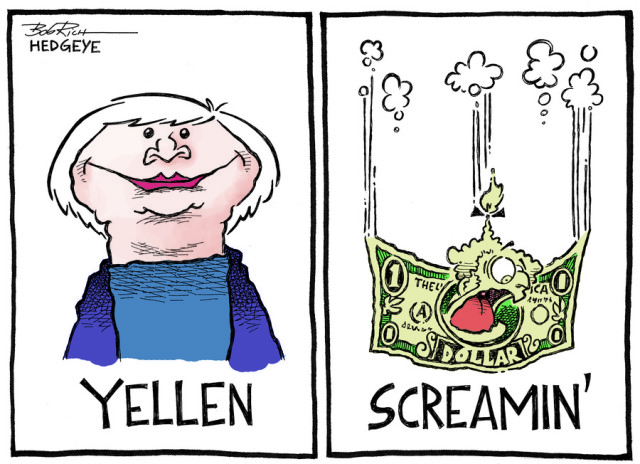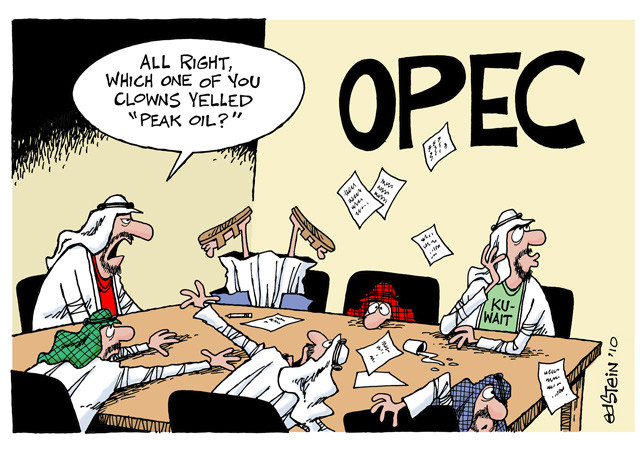By Gayathri Naga
If you know anything about the Stock market, it would be that they are quite on a roller coaster ride. Last week, the United Nations pointed out that India will be the fastest growing economy with its GDP rising up to an estimated 7.3% in 2016. This is quite an acceptable number considering that countries like Russia, Taiwan, and Brazil are facing recession. And let us not forget China’s all-time low growth level in 25 years.
Now, you might ask that if everything is so sunny on the Indian economic front, then what’s the issue? Well, the Nifty index has cracked below the 7000 level. So, does this mean that the policies and reforms are going berserk?
Let’s find out what has caused the Indian Stock Market to crash.
1. Cause Payback can be a B***ch.

For the uninitiated, NPAs (non-performing assets) are basically loans that are in jeopardy of default. This happens to be when the borrower fails to make interest payments for 90 days, the loan is considered to be an NPA. It is common knowledge that even if you follow a brilliant policy for your company and your financials happen to be weak, the company will fail. And this is exactly the story in India, investors have lost interest in the economy because of the increase in NPAs and bad loans.
You’ll be shocked to hear about how massive this is in terms of numbers. NPAs and bad loans alone take up almost 12% of all the bank loans in India. This is just enough to shake any economic system in the world. After several failed attempts by the RBI governor and the Finance ministry to cover up the mess of these NPAs and bad loans, the market value of most public sector banks has halved and resulted adversely on the Nifty index.
2. All this Yellen won’t make us decrease the interest rates.
Ever since Janet Yellen took over as the Federal chief, talks of increasing the interest rates have been out but no action was taken until the December of 2015. This raising of interest rates was met with panic in growing economies like that of India’s because this would now strengthen the US dollar which, in turn, will result in massive capital outflows from our economy, leading the investors to turn towards gold.
Japan’s strategy of negative interest rates followed by this statement had taken the world financial market by surprise. Which means that the banks will pay interest rates below zero. Since Ms.Yellen didn’t agree to cut down the interest rates in negatives, this led to the strengthening of the dollar by 1%, resulting in a worldwide sell-off.
3.Crude oil prices, they be fallin’ and crashin’.
In the past 18 months, the prices of crude oil have dropped to about $27 a barrel and it is expected to fall to $20 a barrel in the near future. So, India will benefit from this right? What’s the issue here? Whether you like it or not, the crude oil crash is one of the main reasons that led to the stock markets crash.
You should know that crude oil is more than just a commodity; it runs the country’s industrial and manufacturing plants. So, this decrease in crude oil prices is because of abundant supply and further low levels of demand can be expected from emerging economies since they aren’t producing enough. Overall, this will result in slower growth.
Now that the crude oil prices are cheaper, it will also bring down the prices of steel and iron. The obvious impact of which would be that steel producing companies in countries such as India will be incurring humongous losses.
Now, a loss-making company won’t be able to pay back their dues to the bank which will invariably result in NPAs. Thus, you can observe the vicious cycle that this crude oil crash has left many economies in and the only solution to this would be the stabilize the crude oil prices.
Has this article helped you understand the reasons behind the Indian stock market crash? What are your views about this? Tell us in the comments below.
Image Credits: Google






































